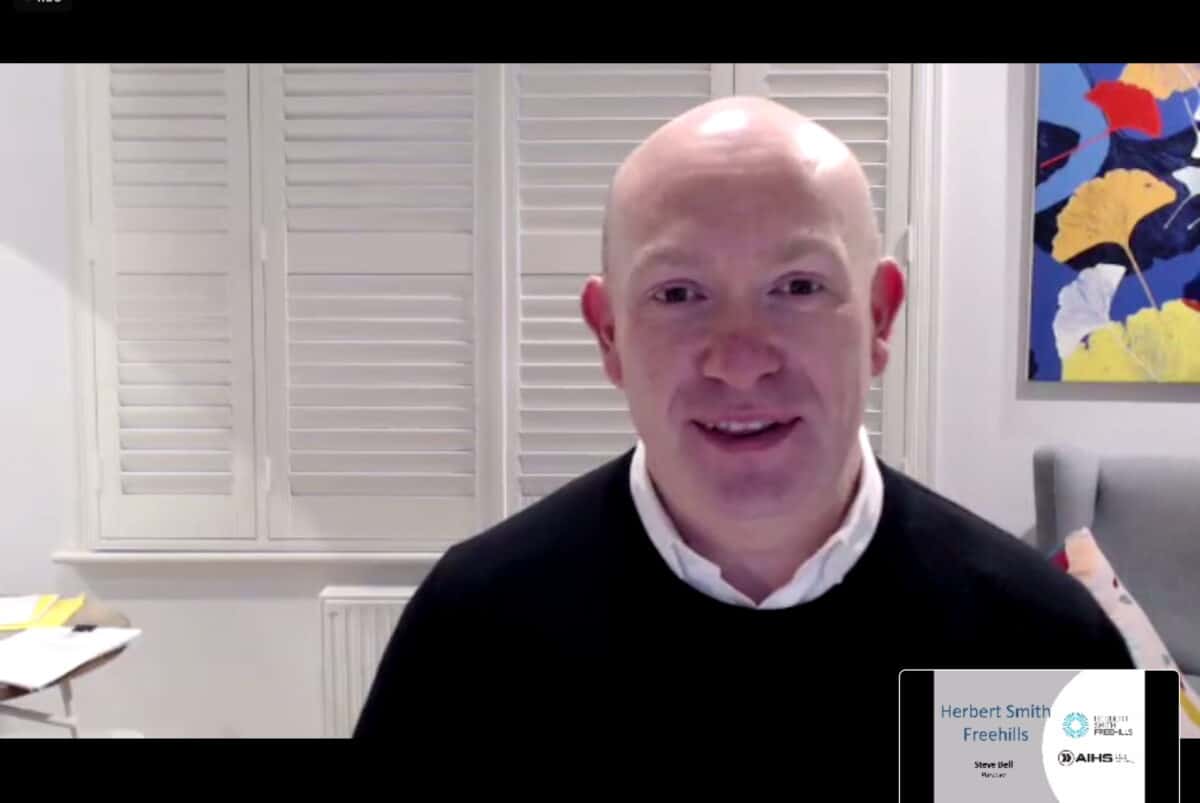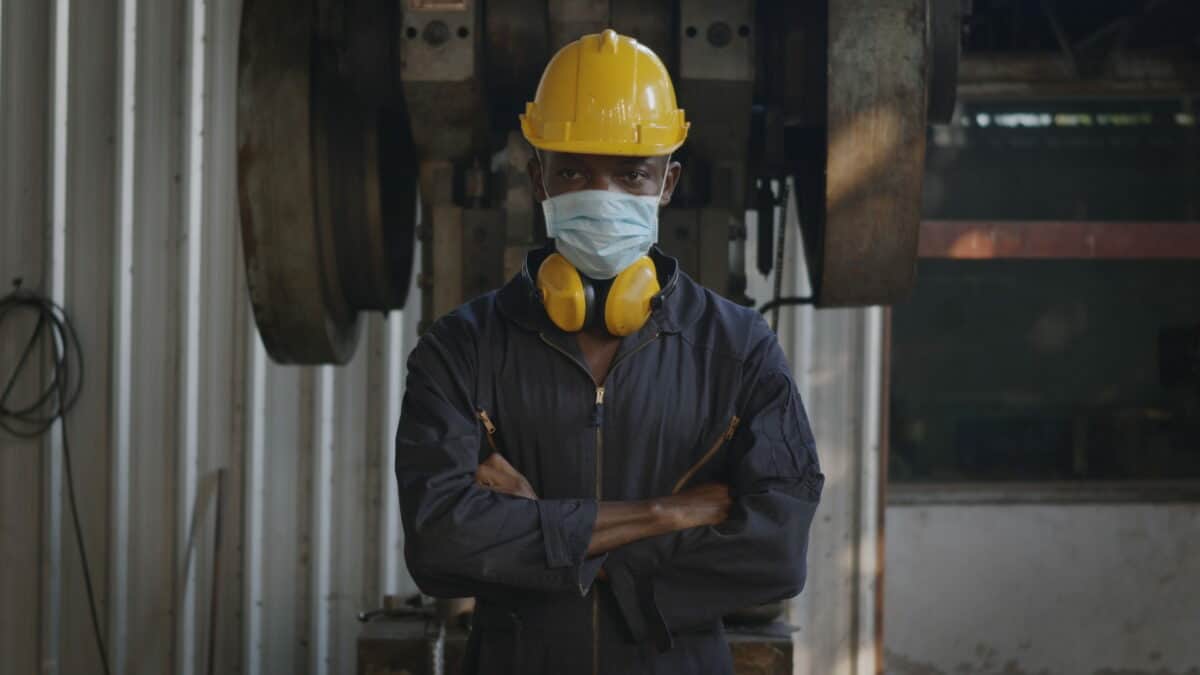The Australian State of Victoria has committed to the decriminalisation of sex work. It made this decision some time ago, conducted an inquiry into how this could be achieved and is now in a further consultative process on what laws and practices need to change. The aim is honourable – to reduce the stigma of a legitimate industry. However, there is one statement repeated in media releases and discussion papers that encapsulates the challenge:
“Decriminalisation recognises that sex work is legitimate work and should be regulated through standard business laws, like all other industries in the state.”
That challenge is can, and should, Victoria’s sex industry be treated like “all other industries”?





